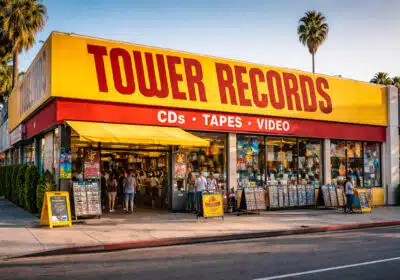
In a world where Google Chrome reigns as the most popular web browser, news that Google may be forced to sell Chrome might sound like a headline from an alternate reality. But this possibility is part of the ongoing scrutiny of Big Tech by regulators worldwide. Let’s dive into what is happening and why it matters for the tech landscape.
The Antitrust Heat On Big Tech
Google is no stranger to antitrust scrutiny. From search engine dominance to digital advertising practices, regulators have long questioned whether Google stifles competition. The latest buzz revolves around Chrome, its ubiquitous web browser.
Google Chrome holds over 60% of the global browser market share, with Microsoft Edge and Apple’s Safari trailing far behind. This dominance has led regulators to question whether Google’s integration of Chrome with its search engine and advertising tools creates an unfair advantage. Critics argue that this integration undermines competition and limits consumer choice.
Why Chrome?
Chrome is more than just a browser. It is a critical gateway to Google’s ecosystem. It drives traffic to Google Search, collects data for advertising and enhances Google’s influence over web standards. For regulators, this interconnectedness makes Chrome a linchpin in Google’s market power.
Forcing Google to divest Chrome would aim to:
- Level the Playing Field: By separating Chrome, other browsers and search engines might have a fairer chance to compete.
- Reduce Data Centralization: A split could limit the data Google collects through Chrome, addressing privacy concerns.
- Encourage Innovation: With a more competitive browser market, smaller players could push boundaries and improve user experience.
The Challenges Of Splitting Chrome
While the idea sounds straightforward, the logistics of separating Chrome from Google are daunting. Key challenges include:
- Ownership Transition: Who would buy Chrome, and how would it operate independently?
- User Experience: Chrome’s seamless integration with Google services is a selling point. A split might disrupt this harmony.
- Web Standards: Google’s influence over web standards comes partly from Chrome’s dominance. A sale might shift this dynamic, for better or worse.
What’s Next?
The idea of Google being forced to sell Chrome is still speculative, but it reflects a broader trend that regulators are increasingly willing to take bold steps to curb Big Tech’s power. For businesses, marketers and users, this could mean a shift in how the internet operates.
Why This Matters For Marketers
If Chrome were to operate independently, it could change digital marketing strategies in significant ways.
- New Search Partnerships: Chrome might favor a search engine other than Google, reshaping search ad strategies.
- Evolving User Data Policies: Independent Chrome management could tighten data collection rules, altering targeted advertising.
- Diverse Browser Ecosystem: A more competitive browser market might require marketers to optimize for a wider variety of platforms.
As we await further developments, one thing is clear. The tech industry is evolving rapidly, and staying informed is key. Whether or not Google is forced to sell Chrome, the conversation around antitrust regulation will continue to shape the future of digital marketing and technology.



